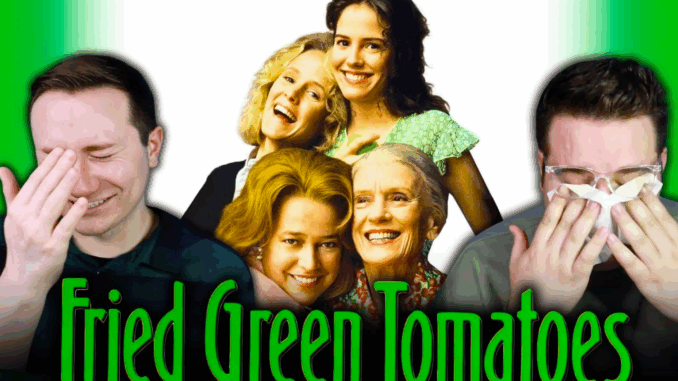
More than three decades after its release, Fried Green Tomatoes continues to capture the imagination of new viewers while remaining a warm memory for those who first discovered it in theaters. Adapted from Fannie Flagg’s bestselling novel, the film blends small-town intrigue, enduring friendships, and a hint of mystery into a story that feels both cozy and daring.
Set between the 1920s and the 1980s, the film follows the unlikely friendship between Evelyn Couch, a middle-aged housewife stuck in a rut, and Ninny Threadgoode, an elderly woman with a treasure trove of stories about the Whistle Stop Café. Through Ninny’s recollections, the audience travels back in time to witness the rebellious Idgie Threadgoode and her soulmate Ruth Jamison build a café, defy social conventions, and protect each other against prejudice and danger.
Part of the film’s magic lies in its shifting tones. One moment it is a warmhearted comedy filled with southern charm, and the next it plunges into dark territory with a suspected murder and a possible act of culinary revenge. The characters are drawn with nuance: Idgie’s playful defiance, Ruth’s quiet strength, and Evelyn’s awakening confidence all speak to different generations.
Even today, Fried Green Tomatoes resonates for reasons beyond nostalgia. Its themes of female solidarity, chosen family, and the courage to live authentically feel as fresh as ever. Modern viewers may also find a renewed appreciation for the film’s subtle but unmistakable queer undertones—an element that was groundbreaking for a mainstream studio production in 1991.
Whether you come for the small-town secrets, the biting humor, or the mouthwatering shots of southern comfort food, Fried Green Tomatoes remains a feast for the heart and the senses.
